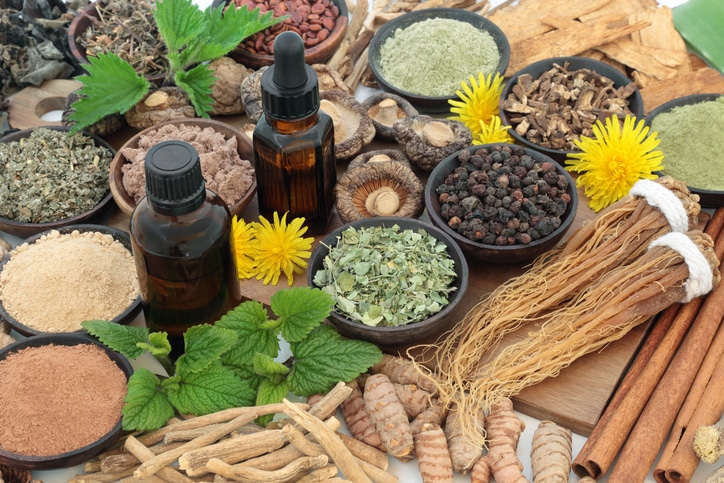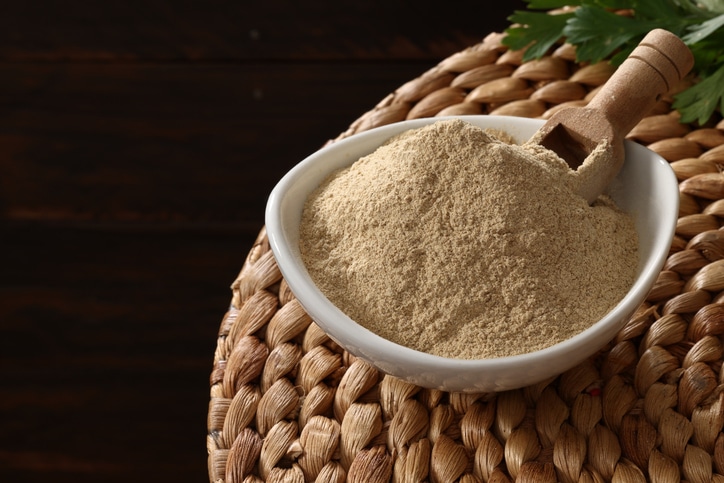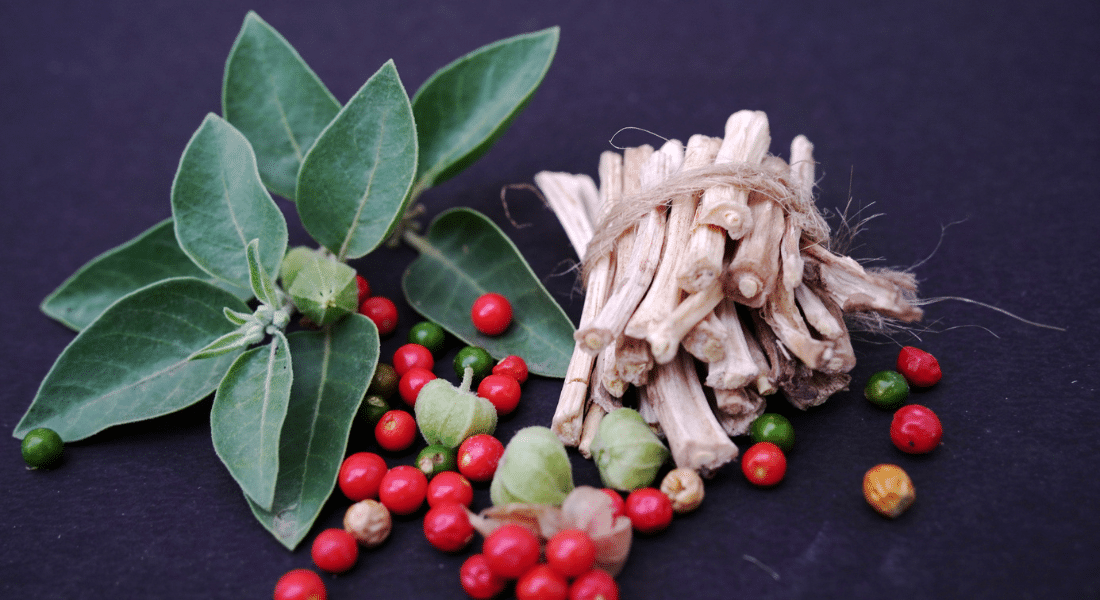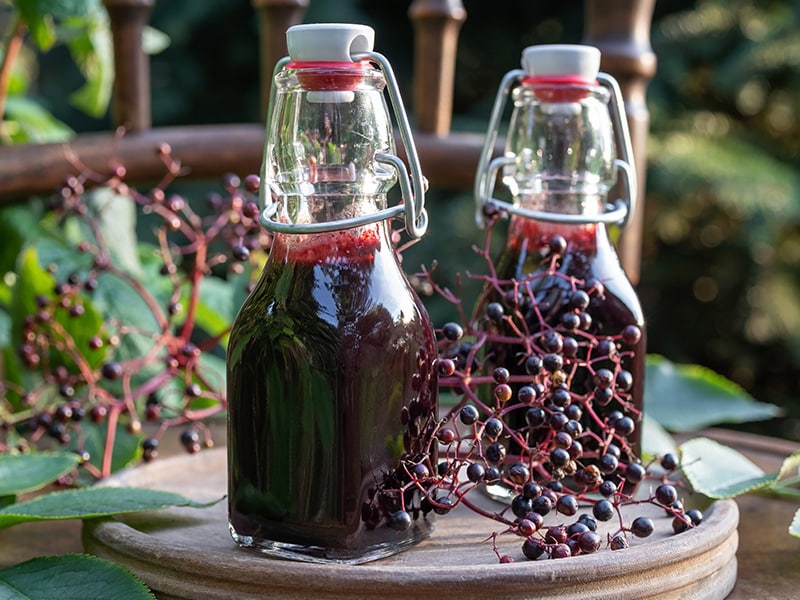A flowering shrub native to North Africa and India is the latest health fad to take over social media, but ashwagandha has been revered by Eastern medicine for thousands of years.
“It has been used in traditional Indian medicine for centuries,” says Jill Waggoner, MD, a family medicine physician on the medical staff at Methodist Charlton Medical Center.
On TikTok, users of this herbal supplement, also known as winter cherry and Indian ginseng, rave about its ability to relieve stress, improve memory, combat inflammation, and even boost testosterone and athletic performance. But doctors suggest limiting its use to small doses because clinical studies on it are few and far between.
“There’s more to learn about its potential benefits and risks,” Dr. Waggoner says, “but it’s considered safe for most when taken in appropriate doses.”
Dr. Waggoner strongly recommends speaking to a physician before taking the supplement, especially if you’re pregnant, breastfeeding, or have a thyroid condition. Ashwagandha can also be risky for patients with autoimmune disorders or hormone-sensitive prostate cancer.
But for the rest of us, here are a few reasons to look into this ancient staple of Ayurvedic medicine:

1. RELIEVE STRESS
Ashwagandha is among a growing list of supplements known as “adaptogens,” named for their ability to help you adapt to stress.
“Adaptogenic substances are used in herbal medicine for the stabilization of physiological processes,” Dr. Waggoner says. “So, they can work as tools to help someone cope with everyday stress.”
How ashwagandha does that is unclear because it’s incredibly complex. Compounds found in the plant’s roots are far different than what’s in the leaves. And because supplements are so loosely regulated, there’s no telling what part of the plant you’re getting.
Some experts suggest ashwagandha lowers stress by suppressing dopamine receptors in the brain, but it’s also thought to regulate cortisol levels.
“The compounds in ashwagandha have an impact on the body’s stress response system,” Dr. Waggoner says. “That includes reducing levels of cortisol, the hormone associated with stress.”
This mood-improving factor inspires users to take it in the morning to start the day off right or just before bed to ease them into a peaceful slumber.

2. IMPROVE MEMORY
Most of us would take any opportunity to improve our minds, and some users swear by this herb’s brain-boosting properties.
“Ashwagandha has been shown to have a possible neuroprotective effect on the brain by helping to reduce oxidative stress,” Dr. Waggoner says.
A British study found that compounds in ashwagandha inhibit the formation of the beta-amyloid plaques that accumulate in the brains of Alzheimer’s patients. Another study, conducted at India’s National Brain Research Center, found that mice with the disease returned to normal brain function after 30 days of treatment with the herb.
Ashwagandha has a track record of “improving cognitive function, including improving memory, attention span, and information processing speed,” Dr. Waggoner says.

3. BOOST TESTOSTERONE
Men looking to improve their testosterone levels or athletes seeking a natural boost may also want to give ashwagandha a try.
“This supplement can also potentially help improve energy levels, endurance, muscle mass, and strength,” Dr. Waggoner says.
A 2021 study found the herb outperformed a placebo in improving strength, fitness, and recovery time among both men and women.
Another study from the American Journal of Men’s Health found significant improvement in testosterone, as well as higher levels of vigor and emotional well-being, after eight weeks on the supplement.

4. REDUCE INFLAMMATION
Ashwagandha also possesses anti-oxidant properties, so it can help combat inflammation by neutralizing harmful free radicals in the body.
“By reducing oxidative stress,” Dr. Waggoner says, “ashwagandha may help alleviate inflammation in the body.”
Inflammation is often how the body reacts to chronic stress, so the herb’s stress-busting and anti-inflammatory properties are intertwined.
For centuries, Eastern medicine has used the herb to reduce pain and fight diseases like type II diabetes, which causes widespread inflammation in the body.
START WITH LOW DOSES
For most users, possible side effects won’t amount to more than an upset stomach, diarrhea, or drowsiness – so long as they stay within recommended doses.
“To stay on the safe side,” Dr. Waggoner says, “it’s highly recommended to start with a low dosage and gradually increase it up to a maximum of 600 to 1,200 milligrams per day.”
She also suggests consulting a doctor before beginning to take any supplements.
“Your provider can help assess potential risks, evaluate any interactions with medications you’re already taking, and guide you on the appropriate dosage and duration of use,” Dr. Waggoner says.
While she acknowledges we have more to learn about ashwagandha, researchers may also just be scratching the surface of this ancient herb’s many applications.






